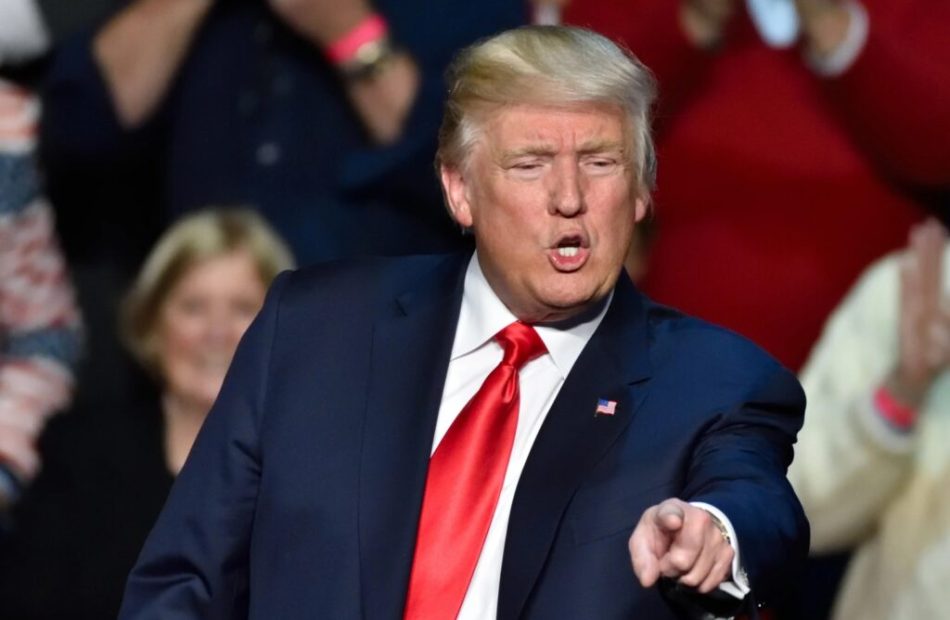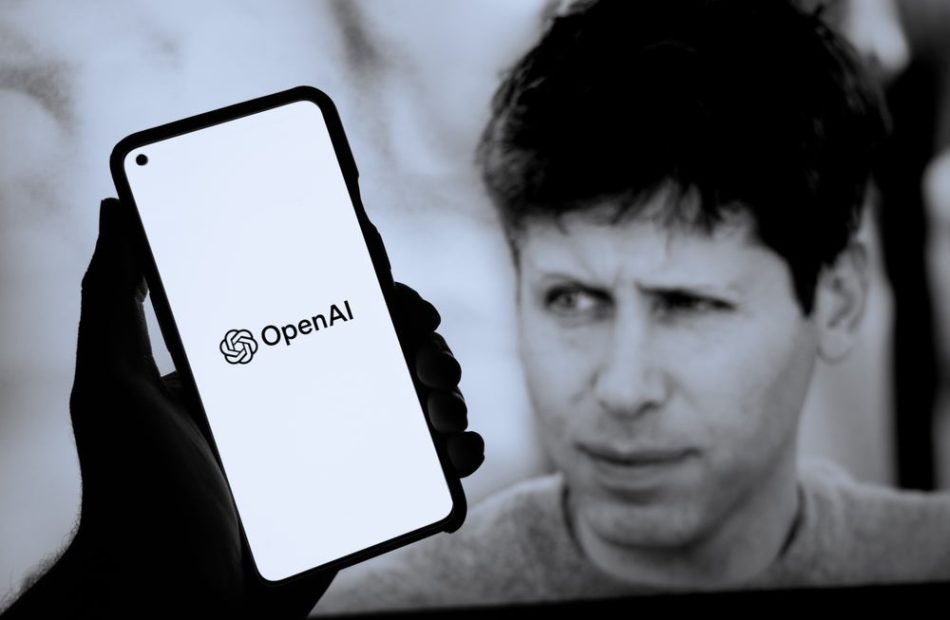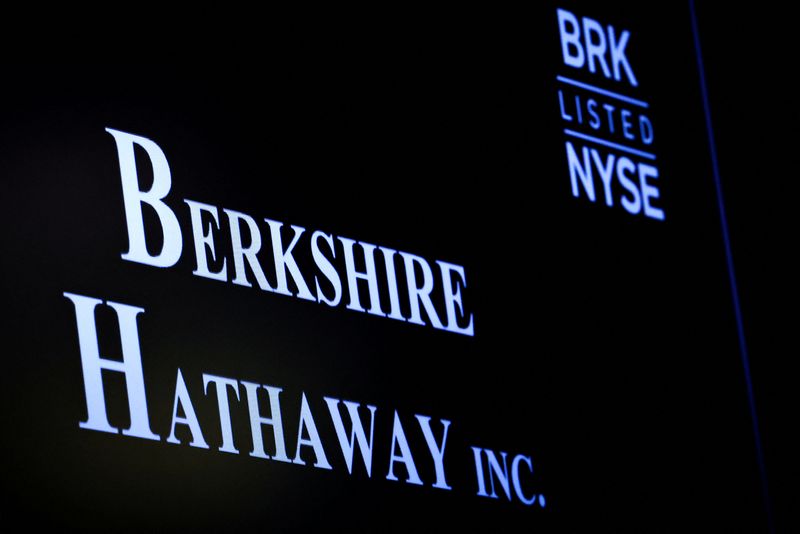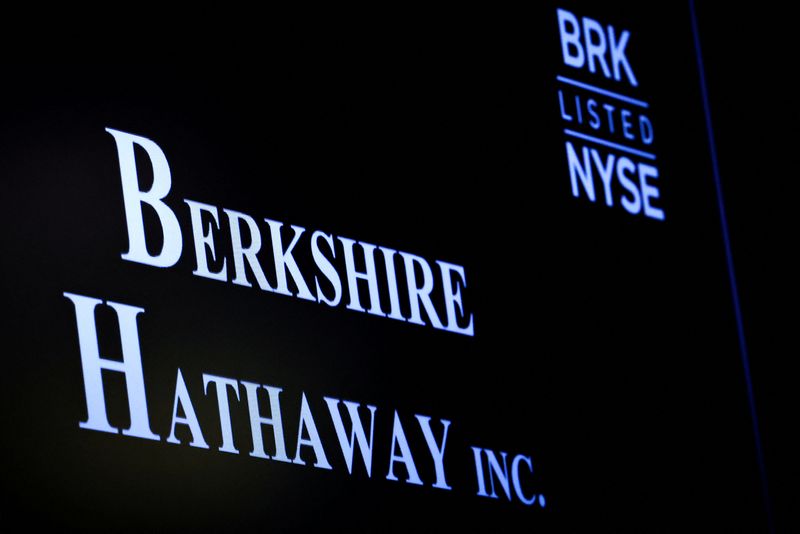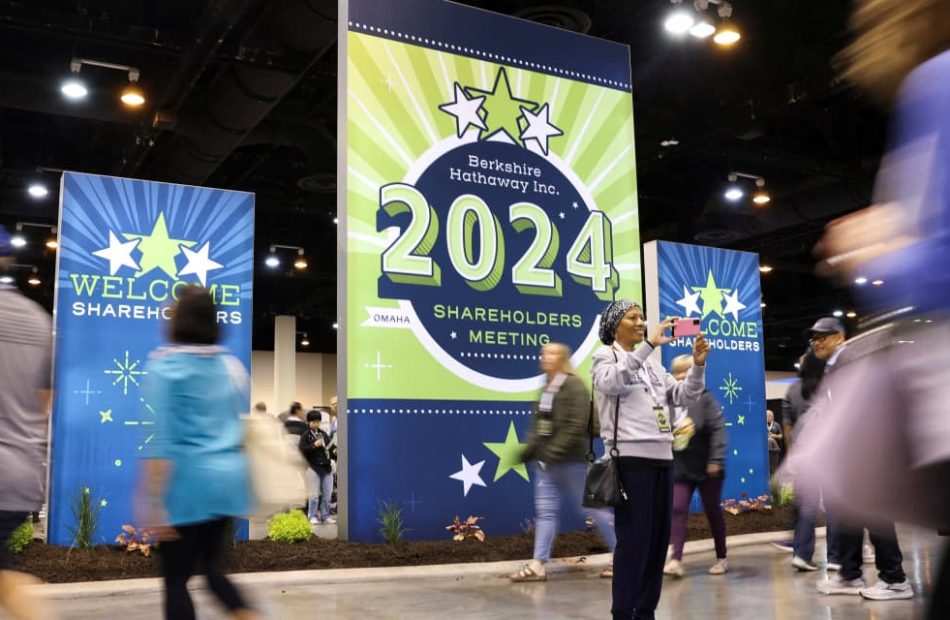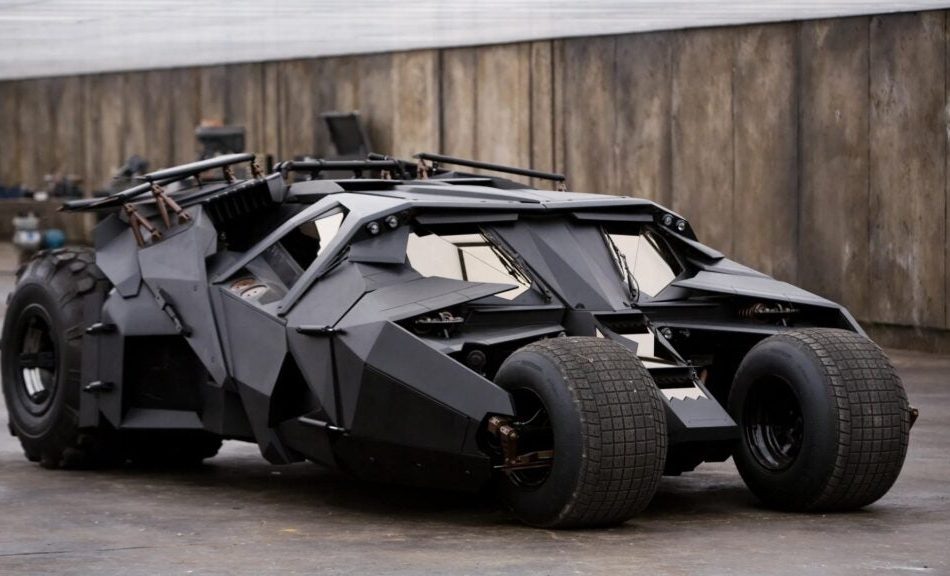Trump's Provocative Rhetoric Fuels Gender Dynamics
In the lead-up to the upcoming presidential election, the political landscape is becoming increasingly charged, particularly concerning gender issues. Recent statements by Donald Trump have intensified discussions around female representation and the broader implications of his rhetoric.
In recent days, Trump has positioned himself as a protector of women, asserting this role “whether they like it or not,” reported The New York Times. However, his comments have often strayed into controversial territory. During an interview with Tucker Carlson, he suggested a violent scenario involving Liz Cheney, a prominent Republican who has criticized him, describing her as a “radical war hawk.” Trump’s graphic imagery raised eyebrows and sparked outrage, feeding into Democrats’ narrative that the election marks a crucial moment for women’s rights and societal norms.
Kamala Harris did not hold back in her response, declaring that anyone who employs such violent language is “clearly disqualified” from seeking the presidency. This statement highlights the stark contrast between her disciplined approach and Trump’s provocative style, a dynamic that many believe will play a significant role in shaping the election’s outcome.
The upcoming election is viewed by many as a referendum on how society perceives women in power. Recent political events, including the fallout from the Supreme Court’s decision to overturn Roe v. Wade, have spotlighted the challenges women face regarding autonomy and representation. Harris’s ability to maintain a composed demeanor while addressing Trump’s provocations has resonated with many voters who see this election as about more than just the presidency.
Public sentiment reflects a growing concern over misogyny and sexism in politics, with many fearing that the discourse surrounding Trump could undermine Harris’s candidacy. As women across the country express their apprehensions, the question looms: is America ready to embrace a female president, or will ingrained societal biases hinder progress?
The New York Times added that Michelle Obama had recently echoed this sentiment, stating, “The real question is, as a country, are we ready for this moment?”
Her words resonate as Harris campaigns vigorously, emphasizing the importance of self-control and thoughtful dialogue in contrast to the often tumultuous political climate.
As the election approaches, the interplay between Trump’s provocative remarks and Harris’s measured responses will likely shape not only the candidates’ fates but also the future of women’s roles in American politics.
Also Read:
Market News and Data brought to you by Benzinga APIs
© 2024 Benzinga.com. Benzinga does not provide investment advice. All rights reserved.
3 Hypergrowth Stocks That Could Make You a Ton of Money
Any investor can find monster winners in the stock market. The important thing to remember is that Wall Street can be slow to award excellent growth stocks the valuation they deserve. But if you persistently buy shares of high-growth businesses, you are almost certain to stay ahead of the game over the long run.
To give you a jump-start on your search, three Motley Fool contributors are here to discuss three growth stocks that are poised to deliver outstanding returns to investors. Here’s why e.l.f. Beauty (NYSE: ELF), Toast (NYSE: TOST), and Deckers Outdoor (NYSE: DECK) could be timely buys right now.
Start Your Mornings Smarter! Wake up with Breakfast news in your inbox every market day. Sign Up For Free »
Jennifer Saibil (e.l.f. Beauty): E.l.f. is a small player in the beauty industry compared to the industry giants, but it’s growing fast and gaining market share. More importantly, it has massive opportunities.
Social media and digital shopping play a big role in e.l.f.’s success. It has developed a differentiated branding with “clean” ingredients and great prices that resonates with its core, target market of younger, eco-conscious shoppers. Customers can’t get enough of its products.
The results speak for themselves. It gained 2.6 percentage points of market share in color cosmetics in the 2025 fiscal first quarter while the market leaders all lost share, and it moved up from the No. 5 spot last year to the No. 2 spot this year in dollar share. It’s now the top-selling brand at Target. In skincare, it gained 0.6 percentage points in market share, moving up from No. 13 to No. 9. It’s just getting started in international markets, where it continues to launch, and international sales increased 91% year over year in the quarter.
Although e.l.f. has reported staggering growth for several quarters, it looks like that’s beginning to weaken. Sales increased 50% year over year in Q1, but management is expecting that to drop to about 26% for the full year. That implies a serious deceleration over the next three quarters. Worse, net income was lower year over year in Q1, and management’s guiding for full-year earnings per share (EPS) below Wall Street’s expectations.
With moderating inflation and the economy on the upswing, that could end up better than expected. But investors should focus on the long-term story. e.l.f. has a growing, differentiated brand that continues to eat away at the longtime industry leaders. e.l.f. stock is down 24% this year, and although it might take some time to rebound, in a few years patient investors will thank themselves for buying today.
This Is What OpenAI's Sam Altman Had To Say On The Future Of Open Source At ChatGPT-Parent
OpenAI CEO Sam Altman discussed the future of open source in AI development during an “Ask Me Anything” session on social media platform Reddit, hinting at the possibility of ChatGPT-parent open-sourcing more of its work.
What Happened: Kylie Robison from The Verge took to X, formerly Twitter, and shared the highlights of the AMA session in which Altman, along with other OpenAI executives participated.
During the session, Altman acknowledged the significant role of open source in the AI ecosystem and expressed his admiration for successful open-source models.
He also underscored the importance of powerful and user-friendly APIs and services, suggesting that OpenAI’s strengths align well with these aspects.
“We are pretty proud of how much value people get out of our service,” he stated, adding, “I would like us to open source more stuff in the future.”
Subscribe to the Benzinga Tech Trends newsletter to get all the latest tech developments delivered to your inbox.
Why It Matters: OpenAI’s stance on open source has been a topic of debate in the tech industry. Tesla and SpaceX CEO Elon Musk, who co-founded OpenAI in 2015 and left the company in 2018, has frequently criticized ChatGPT-parent for its closed-source models.
Earlier this year, Musk called OpenAI a “lie” while announcing that his company xAI would open source the code of its AI chatbot Grok.
Musk’s criticism was echoed by Meta Platforms Inc. CEO Mark Zuckerberg, who slammed closed model providers for lobbying against open source in July 2024.
Musk has also reignited a legal battle against OpenAI, accusing the company and its co-founders, including Altman, of prioritizing commercial gains over their original mission of benefiting humanity.
Check out more of Benzinga’s Consumer Tech coverage by following this link.
Read Next:
Disclaimer: This content was partially produced with the help of Benzinga Neuro and was reviewed and published by Benzinga editors.
Photo courtesy: Shutterstock
Market News and Data brought to you by Benzinga APIs
© 2024 Benzinga.com. Benzinga does not provide investment advice. All rights reserved.
Berkshire's cash soars to $325 billion as Buffett sells Apple, BofA; operating profit falls
By Jonathan Stempel
(Reuters) -Warren Buffett and Berkshire Hathaway extended their retreat from stocks in the third quarter, further slashing holdings in Apple and boosting cash to a record $325.2 billion.
In its quarterly report on Saturday, Berkshire said it sold about 100 million, or 25%, of its Apple shares over the summer, ending with about 300 million.
Berkshire has now sold more than 600 million of the iPhone maker’s shares in 2024, though Apple remained its largest stock holding, at $69.9 billion.
It sold $36.1 billion of stock overall, including several billion dollars of Bank of America shares, and bought just $1.5 billion.
That made the quarter the eighth straight where Berkshire was a net seller of stocks.
The Omaha, Nebraska-based conglomerate also conducted no stock buybacks for the first time since the second quarter of 2018, and did not repurchase stock in the first three weeks of October.
“Berkshire is a microcosm of the broader economy,” said Cathy Seifert, an analyst at CFRA Research in New York. “Its hoarding cash suggests a ‘risk-off’ mindset, and investors may worry what it means for the economy and markets.”
The Class A shares of Berkshire are up 25% this year, while the Standard & Poor’s 500 has risen 20%.
Rising valuations have fueled concerns among some investors that many stocks have become too expensive.
Berkshire’s cash stake grew from $276.9 billion at the end of June, and is more than 10 times the $30 billion cushion that Buffett has pledged to maintain.
Buffett has made no major acquisitions of whole companies for his $975 billion company since 2016.
Jim Shanahan, an analyst at Edward Jones in St. Louis, said the swelling cash hoard “begs questions about whether Buffett thinks stocks are overvalued or an economic downturn is coming, or is trying to build cash for a big acquisition.”
In May, Buffett said he expected Apple to remain Berkshire’s largest stock investment, but selling made sense because the 21% federal tax rate on gains would likely grow.
OPERATING PROFIT FALLS
Berkshire’s quarterly operating profit declined 6% to $10.09 billion, or about $7,019 per Class A share, missing analyst estimates of $7,611 per share according to LSEG IBES.
The decline stemmed largely from underwriting losses on older insurance policies, insurance claims related to Hurricane Helene in September, and currency losses from a strengthening U.S. dollar.
These offset improved profitability at the Geico car insurer, where accident claims fell. Profit also rose at the BNSF railroad, which shipped more consumer goods, and Berkshire Hathaway Energy, where operating expenses declined.
Berkshire's cash sets record as Buffett sells Apple, BofA; operating profit falls
By Jonathan Stempel
(Reuters) -Warren Buffett and Berkshire Hathaway extended their retreat from stocks in the third quarter, further slashing holdings in Apple and boosting cash to a record $325.2 billion.
In its quarterly report on Saturday, Berkshire said it sold about 100 million, or 25%, of its Apple shares over the summer, ending with about 300 million.
Berkshire has now sold more than 600 million of the iPhone maker’s shares in 2024, though Apple remained its largest stock holding, at $69.9 billion.
It sold $36.1 billion of stock overall, including several billion dollars of Bank of America shares, and bought just $1.5 billion.
That made the quarter the eighth straight where Berkshire was a net seller of stocks.
The Omaha, Nebraska-based conglomerate also conducted no stock buybacks for the first time since the second quarter of 2018, and did not repurchase stock in the first three weeks of October.
“Berkshire is a microcosm of the broader economy,” said Cathy Seifert, an analyst at CFRA Research in New York. “Its hoarding cash suggests a ‘risk-off’ mindset, and investors may worry what it means for the economy and markets.”
The Class A shares of Berkshire are up 25% this year, while the Standard & Poor’s 500 has risen 20%.
Rising valuations have fueled concerns among some investors that many stocks have become too expensive.
Berkshire’s cash stake grew from $276.9 billion at the end of June, and is more than 10 times the $30 billion cushion that Buffett has pledged to maintain.
Buffett has made no major acquisitions of whole companies for his $975 billion company since 2016.
Jim Shanahan, an analyst at Edward Jones in St. Louis, said the swelling cash hoard “begs questions about whether Buffett thinks stocks are overvalued or an economic downturn is coming, or is trying to build cash for a big acquisition.”
In May, Buffett said he expected Apple to remain Berkshire’s largest stock investment, but selling made sense because the 21% federal tax rate on gains would likely grow.
OPERATING PROFIT FALLS
Berkshire’s quarterly operating profit declined 6% to $10.09 billion, or about $7,019 per Class A share, missing analyst estimates of $7,611 per share according to LSEG IBES.
The decline stemmed largely from underwriting losses on older insurance policies, insurance claims related to Hurricane Helene in September, and currency losses from a strengthening U.S. dollar.
These offset improved profitability at the Geico car insurer, where accident claims fell. Profit also rose at the BNSF railroad, which shipped more consumer goods, and Berkshire Hathaway Energy, where operating expenses declined.
Batman Fan? You Can Now Score A Full Size Batmobile Replica For An Eye-Watering Price Of $3M
Wayne Enterprises Experience has 10 full-scale replicas of the famous Batmobile from The Dark Knight trilogy up for sale, each priced at nearly $3 million dollars.
What Happened: These Tumbler Batmobiles are officially sanctioned by Warner Bros Discovery and interested individuals can fill up a form on the Wayne Enterprises website to be considered for allocation, it said. Deliveries will be made 15 months from the time of deposit.
Wayne Enterprises Experience did not immediately respond to Benzinga’s request for comment on whether the vehicles are street-legal.
Features: The $3 million vehicle is painted black and has imitation gun turrets as in the movies. It has a 6.2L LS3 525 HP Engine and weighs about 5,511 pounds.
The body is made of Kevlar, carbon fiber, and sheet metal fiberglass and interiors have a 2-seat configuration. The vehicle will be available as a left-hand drive only.
Why It Matters: Wayne Enterprises is a luxury company providing products inspired by the world of the fictional billionaire Bruce Wayne, aka Batman.
It was formed through a collaboration between Warner Bros. Discovery Global Consumer Products and PR firm Relevance International.
Wayne Enterprises Experience works with other luxury brands to create collectibles such as highly exclusive versions of the Battista hyper GT and B95 hyper Barchetta inspired by the Batman series.
Check out more of Benzinga’s Future Of Mobility coverage by following this link.
Read Next:
Photo courtesy: Warner Bros Discovery
Market News and Data brought to you by Benzinga APIs
© 2024 Benzinga.com. Benzinga does not provide investment advice. All rights reserved.
Zillow Now Flags Richmond Homes For Climate Risk—Here's How It Could Change Property Value And Homeownership
Zillow recently introduced climate risk scores to its home listings, bringing increased attention to how environmental changes may affect real estate, including homes in Richmond, Virginia.
This addition follows similar moves from Realtor.com, which integrated weather-related risk factors earlier this year, acknowledging that extreme weather events, often linked to climate change, are becoming a significant consideration for buyers.
Don’t Miss:
According to a Zillow survey, climate risk now factors into the decisions of 80% of homebuyers, and a recent report by Realtor.com found that nearly 45% of U.S. homes face moderate to extreme damage risk from environmental threats.
For Richmond homes, climate risk primarily stems from high temperatures and high winds, with First Street—Zillow’s climate risk data partner—assigning most Richmond properties a score of 7 or 8 out of 10 for extreme heat risk.
This assessment is based on projections of days with “feels-like” temperatures reaching 107 degrees Fahrenheit or higher. Richmond experienced seven such days this year alone, but First Street anticipates a 129% increase in these extreme-heat days over the next 30 years.
Extreme heat can challenge homes by overloading HVAC systems and potentially damaging roofs, patios, and retaining walls. Additionally, very high temperatures may influence not only the durability of homes but also long-term maintenance costs, as First Street points out.
Richmond homes also show notable vulnerability to high winds, with First Street giving these properties a score of 6 out of 10. High wind events in the area are commonly driven by hurricanes and tropical storms, which generate wind speeds of 51 miles per hour or more.
Trending: Warren Buffett once said, “If you don’t find a way to make money while you sleep, you will work until you die.” These high-yield real estate notes that pay 7.5% – 9% make earning passive income easier than ever.
According to projections, most Richmond homes might experience severe windstorms over the next three decades—a sharp increase from the current risk of just 1%. Local structural challenges such windstorms pose emphasize the importance of preparing homes against this intensifying threat.
Homes in certain flood-prone neighborhoods like Shockoe Bottom, Virginia, face a significantly higher flood risk. Shockoe Bottom’s vulnerability stems from its low elevation and proximity to the James River, making it prone to rising waters during intense storms or heavy rainfall.
Despite this, flood insurance coverage in Virginia remains low—around 3% of homes statewide carry this type of insurance, although recent flooding from Hurricane Helene damaged about 126,000 homes according to a state report.
Zillow’s new climate risk feature isn’t just about identifying potential hazards; it’s also helping homeowners and buyers plan for rising insurance costs. Over the past few years, premiums have increased significantly, especially in areas vulnerable to climate risks.
According to research by the Wharton School, the cost of homeowners insurance has risen by 33% between 2020 and 2023 in high-risk areas, leaving many buyers to rethink their budgets.
Read Next:
Market News and Data brought to you by Benzinga APIs
© 2024 Benzinga.com. Benzinga does not provide investment advice. All rights reserved.

